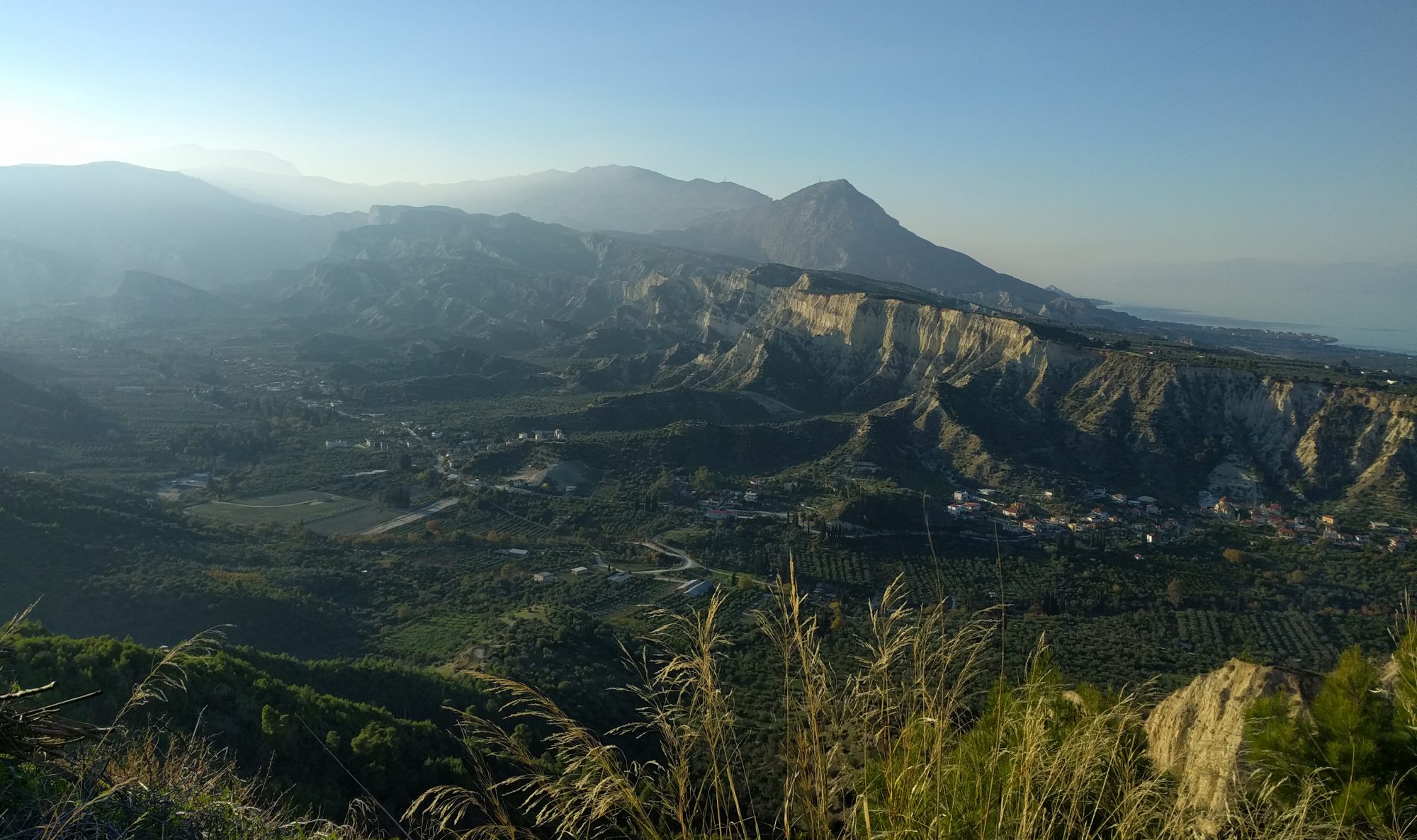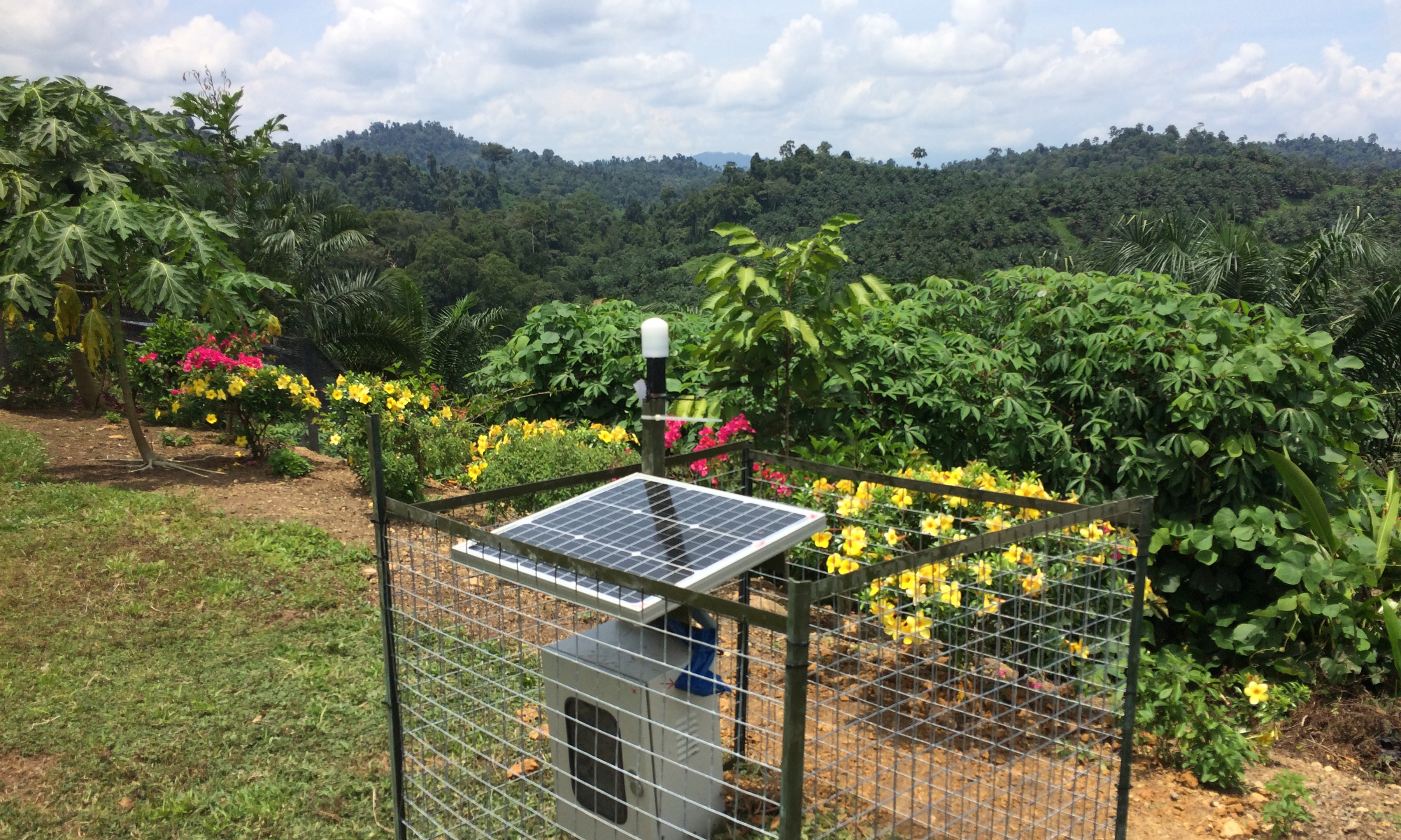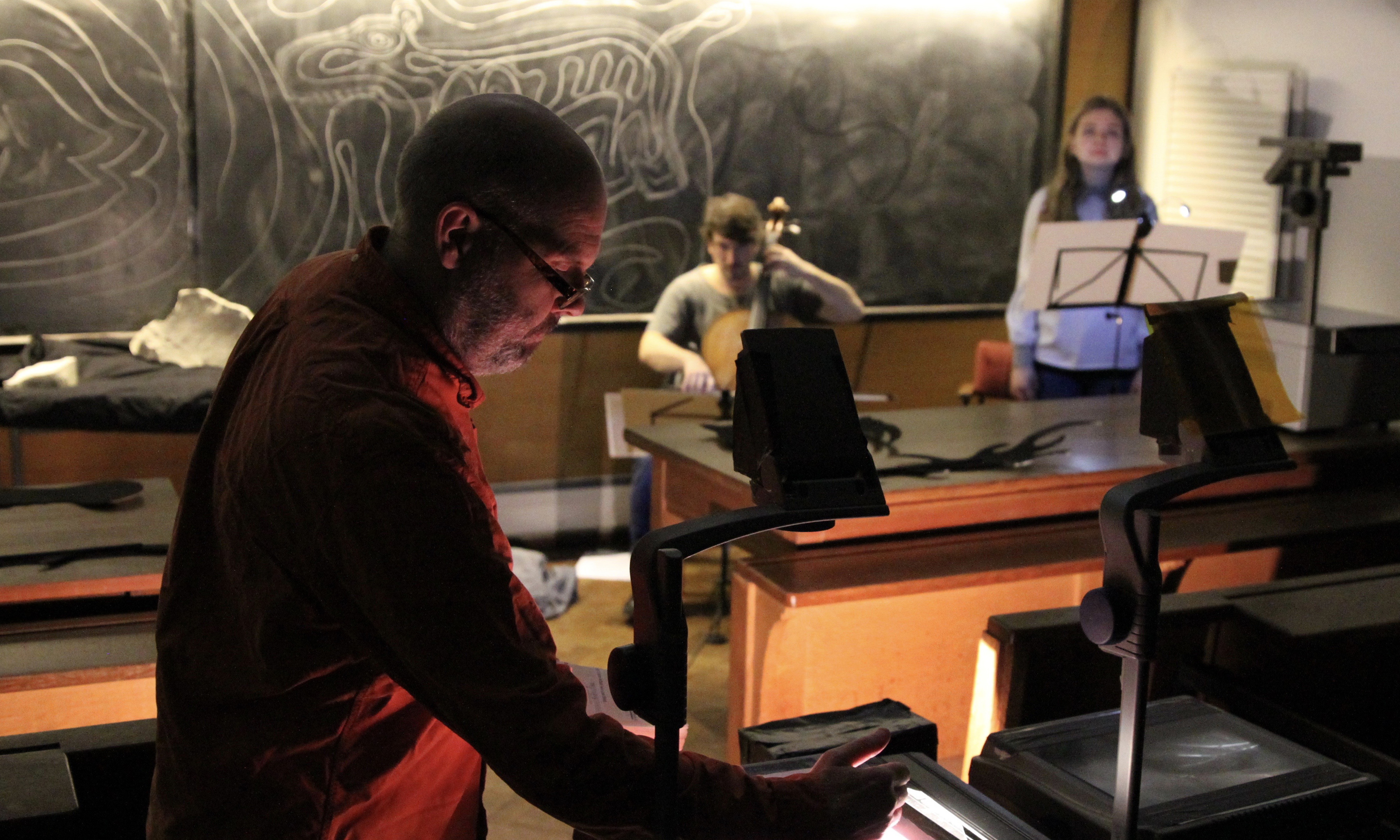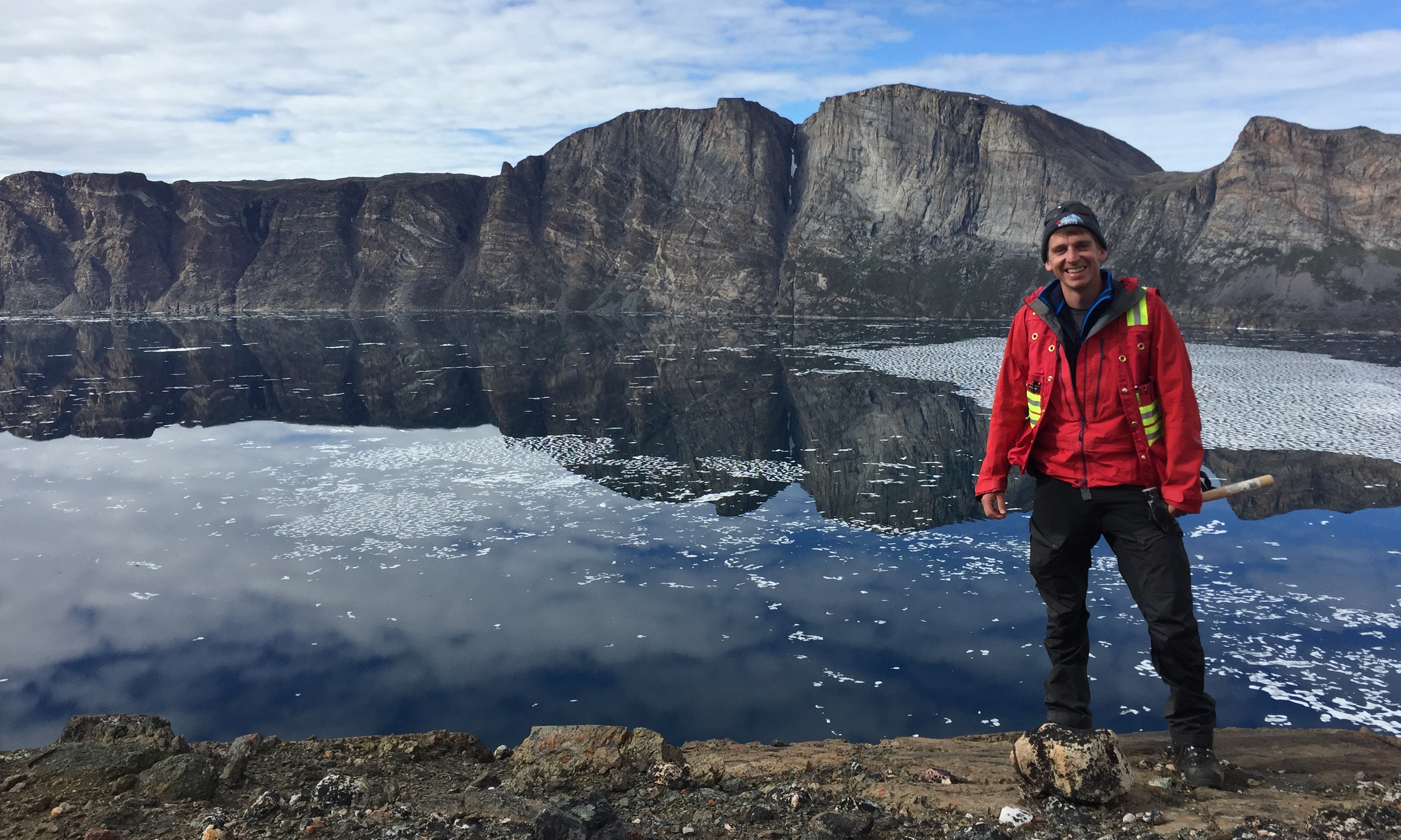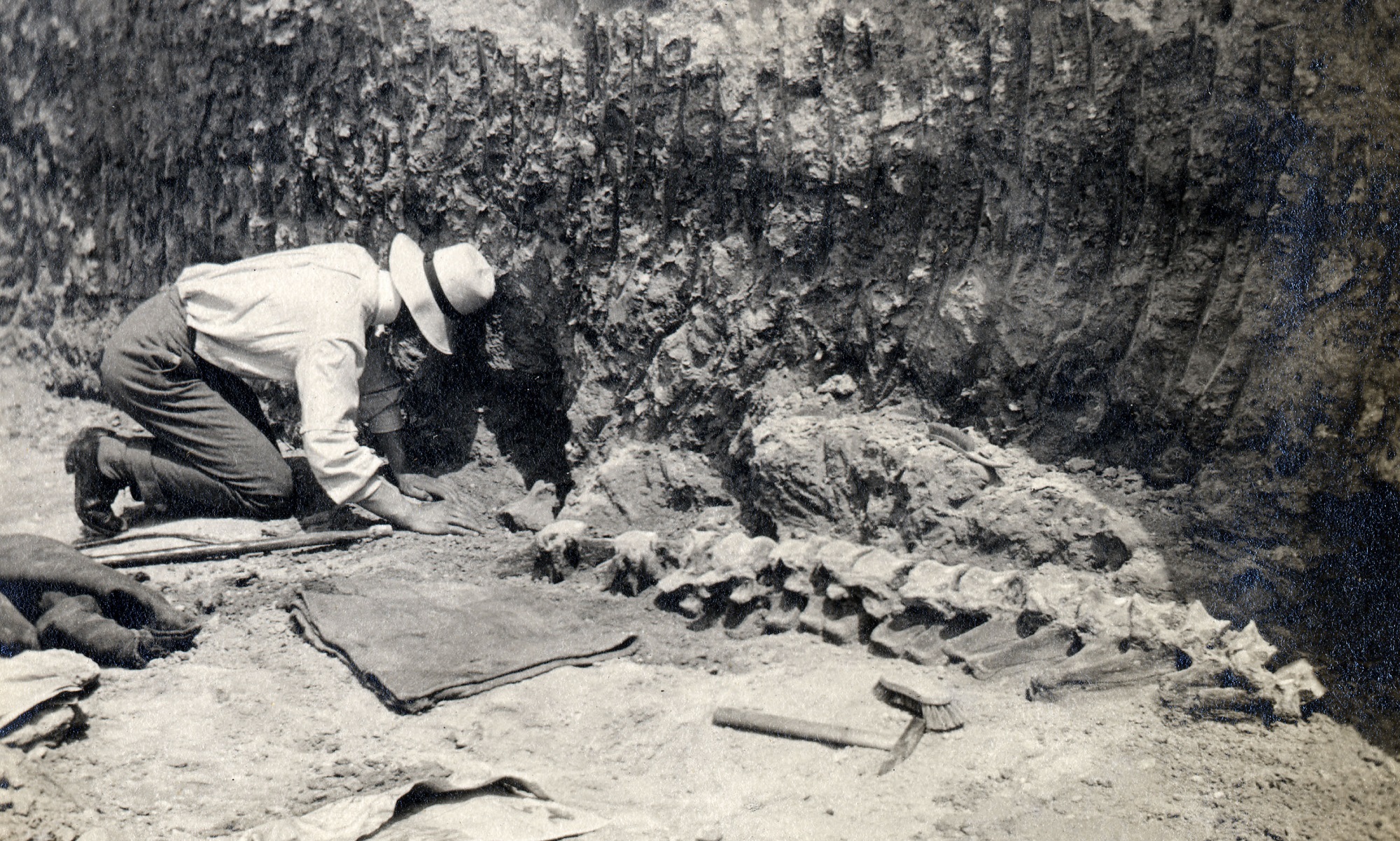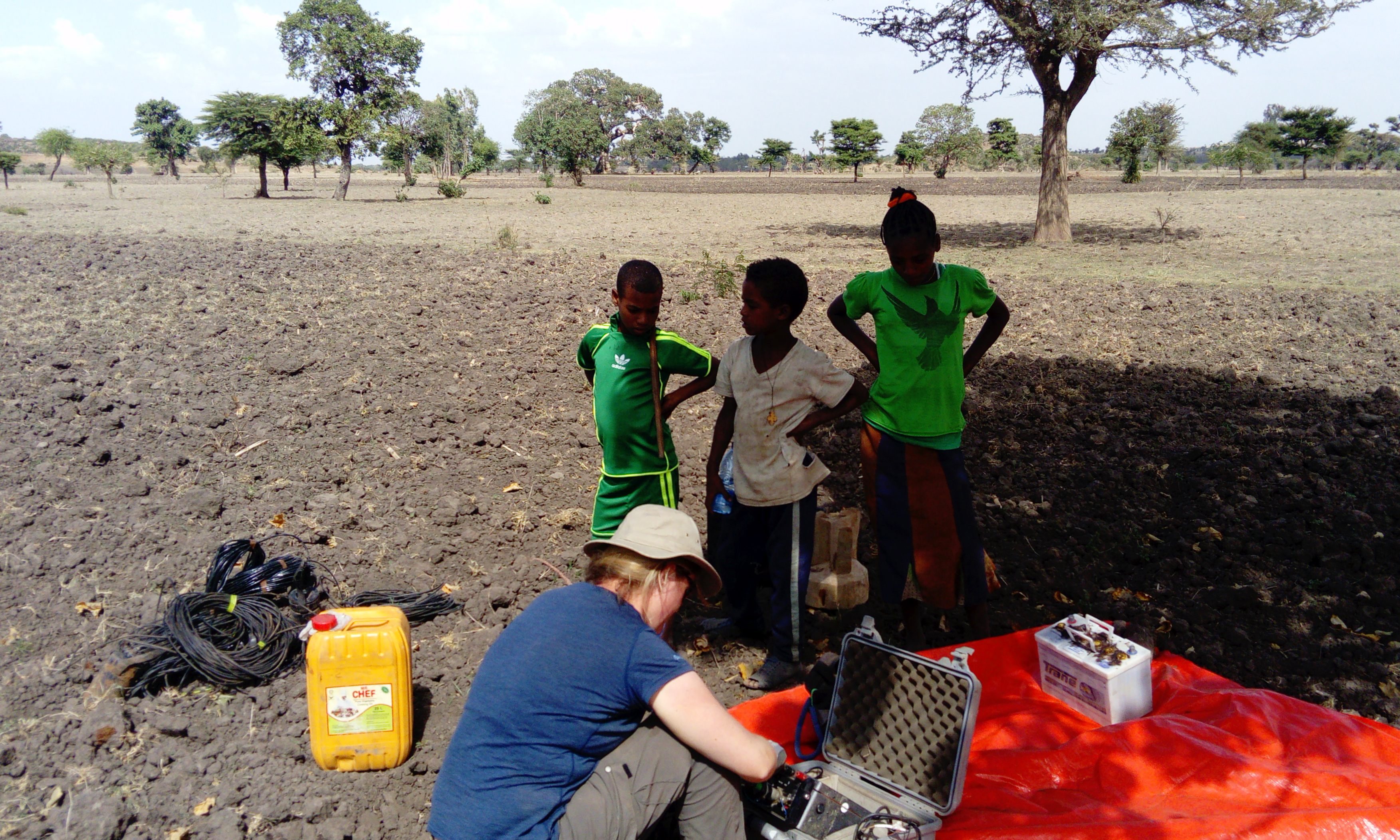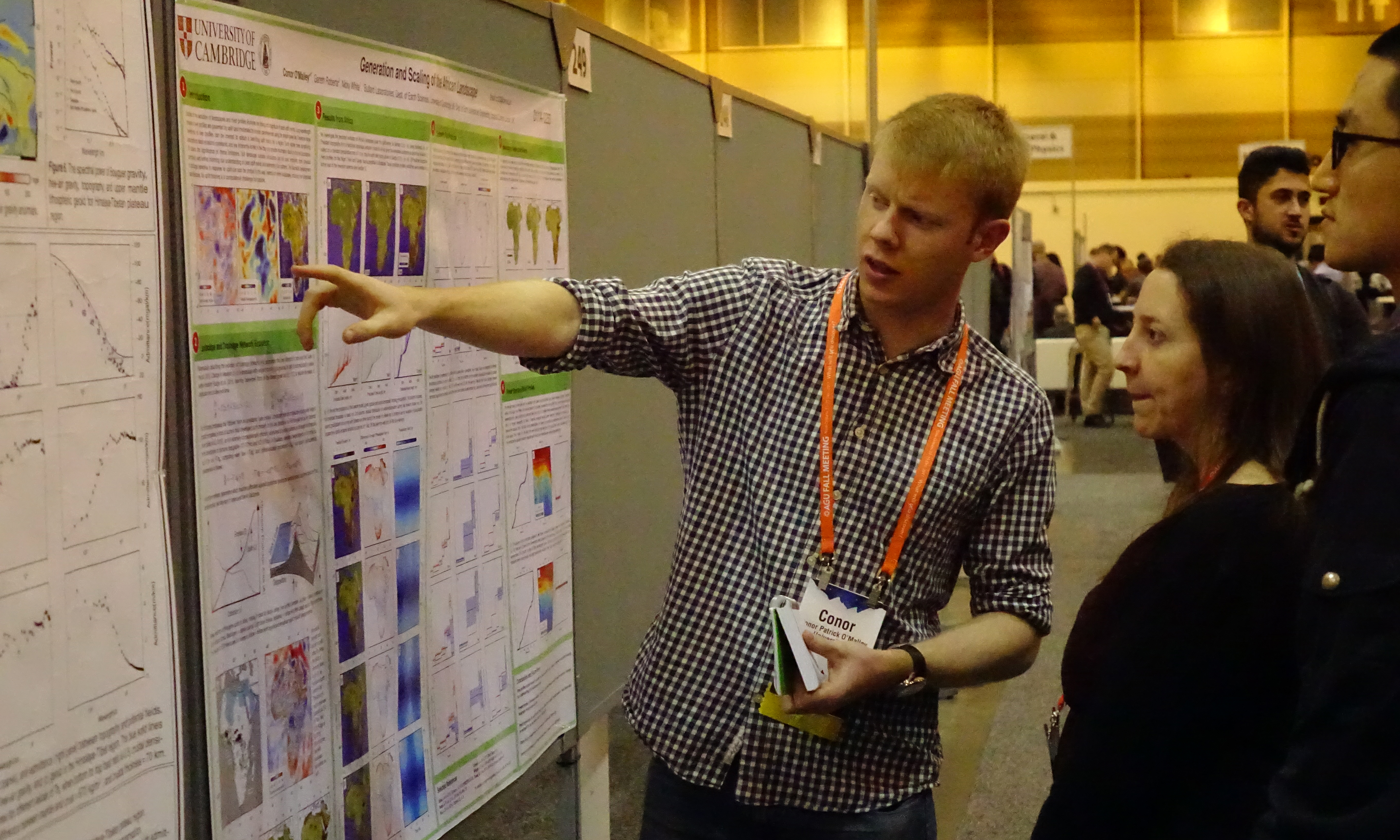Bye bye “Beast from the East”. We couldn’t have chosen a better time (and location!) for some fieldwork as we left behind an extreme cold snap that froze the UK and dumped fresh snow on Cambridge. In March a team of seismologists from the University of Cambridge and University of Aberdeen boarded a plane for Kota Kinabalu, the capital city of Sabah in North Borneo (Malaysia).
Continue reading “Deploying nBOSS: the North Borneo Orogeny Seismic Survey”
